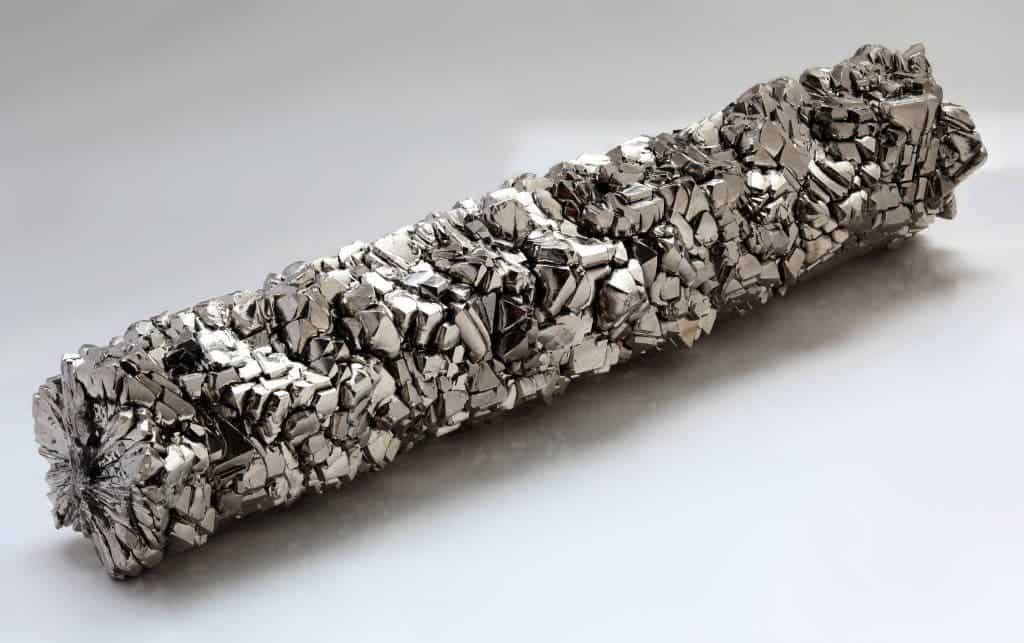A new study found that the most common and popular supplements simply don’t do anything for you, with the exception of folic acid for reducing stroke risk.

There are many misconceptions about vitamins and dietary supplements, and often times, product advertisements don’t really have the science to back them up. Vitamins and minerals, in particular, have long been used to treat nutrient deficiencies, and in recent years, a wide array of supplements has been hailed as a means for overall health and longevity. But is this really the case? A new study says ‘no’.
The study reviewed 179 trials on vitamin and mineral supplement use published in English from January 2012 to October 2017. They found that multivitamins, vitamin D, calcium and vitamin C — the most common supplements — showed no advantage or added risk in the prevention of cardiovascular disease, heart attack, stroke or premature death. Even researchers were surprised to see just how little of a difference these supplements made.
“We were surprised to find so few positive effects of the most common supplements that people consume,” said Dr. David Jenkins, the study’s lead author. “Our review found that if you want to use multivitamins, vitamin D, calcium or vitamin C, it does no harm – but there is no apparent advantage either.”
The one thing which seemed to work as intended was folic acid. Folic acid is a B-complex vitamin needed by the body to manufacture red blood cells. A deficiency of this vitamin causes certain types of anemia (low red blood cell count). Researchers found that acid supplements may reduce both cardiovascular disease and stroke risk.
“Folic acid administration and the reduction of cardiovascular disease through stroke seen in the Chinese CSPPT trial provides the only example of cardiovascular disease risk reduction by supplement use in the period following the Preventive Services Task Recommendation,” said Jenkins. “Whether these data are sufficient to change clinical practice in areas of the world where folic acid food fortification is already in place is still a matter for discussion.”
So what does this mean? Researchers suggest that in the absence of significant evidence, people shouldn’t focus on dietary supplements, and instead get their vitamins and minerals from a healthy diet. This is particularly significant since according to the National Health and Nutrition Examination Survey, in 2012, 52 percent of the population were taking supplements.
“So far, no research on supplements has shown us anything better than healthy servings of less processed plant foods including vegetables, fruits and nuts,” Jenkins concludes.
The US Dietary Guidelines recommend three diets to reduce heart disease risk, all of which emphasize fruits and vegetables, and a reduction in meat and dairy:
- a healthy American diet low in saturated fat, trans fat and red meat, but high in fruit and vegetables;
- a Mediterranean diet;
- and a vegetarian diet.
The study has been published in The Journal of the American College of Cardiology






